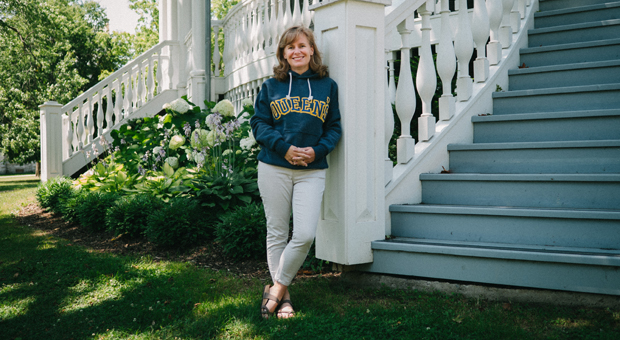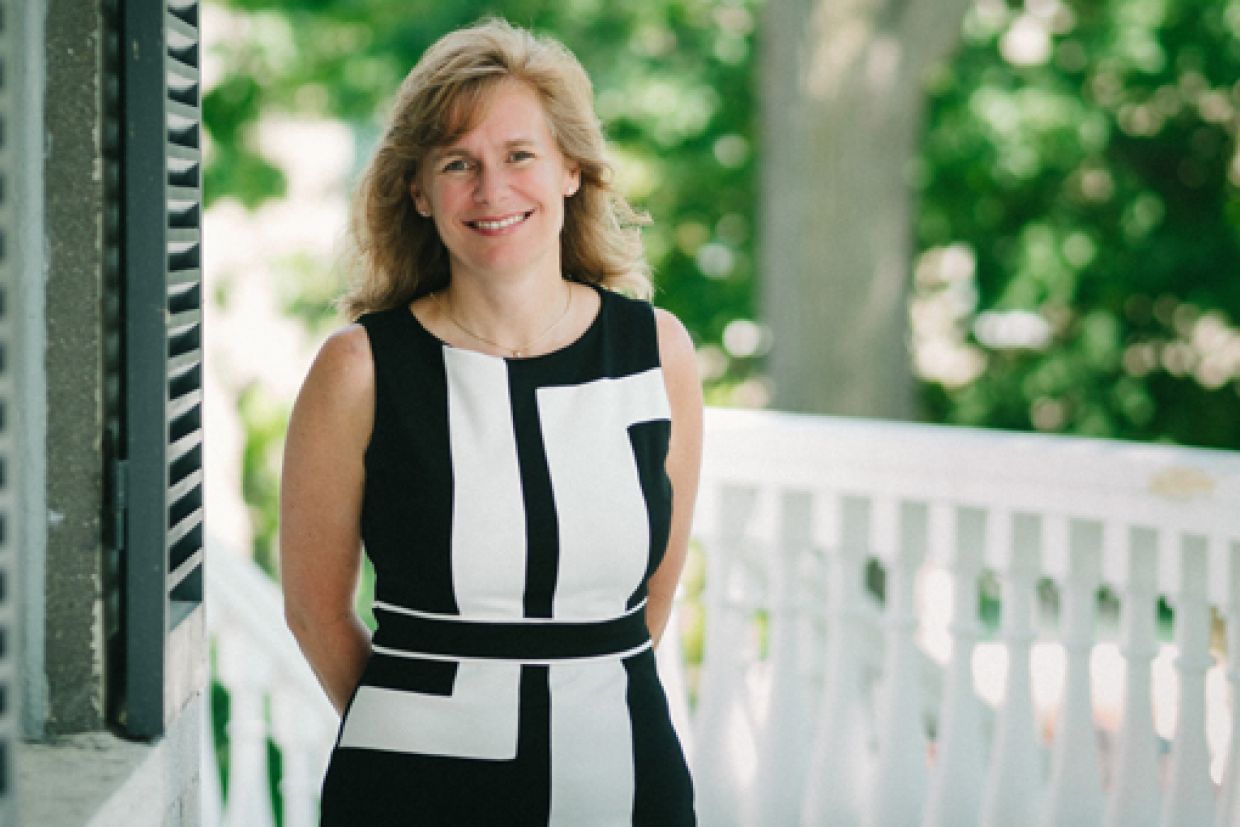In July, Karen Bertrand, Artsci’94, replaced Tom Harris, Sc’75, as the new Vice-Principal (Advancement). Tom, who served as the head of Advancement for more than eight years, is now the University’s Interim Provost and Vice-Principal (Academic).
A first-generation university graduate, Vice-Principal Bertrand attended Queen’s with the aid of scholarships created through the generosity of our donor community and graduated in 1994 with an honours degree in Canadian Studies.
She got a taste of advancement in her first year at Queen’s, when she worked as a student caller in the Queen's call centre. After graduation, she returned to her native Guelph and began an 11-year career at the Heart and Stroke Foundation. In 2006, she moved to the University of Guelph, where she held progressively senior positions in Alumni Affairs and Development.
At Queen’s, she is responsible for overseeing all fundraising and development activities at Queen’s, alumni relations, and advancement services.
We caught up with the new Vice-Principal to talk about her new role, her connection to Queen’s, and the value of the alumni network.
You’re the new Vice-Principal (Advancement). In your own words, could you explain to alumni what that means?
I see my role as the intermediary between alumni and the university. I share what’s happening on campus and the mission, mandate, and priorities of the University with our alumni. Conversely, it’s also my responsibility to share the feelings, sentiments, and priorities of alumni with the Queen’s community. I see it as a great privilege and responsibility to sit between those two stakeholders.
How will your past work influence your role as Vice-Principal?
Fundamentally, all my past work has been in service to others. Be it in for-profit sales or the not-for-profit sector, it’s very much been about customer service. So, that is the value I apply to everything I do within Advancement. I ask how we can better serve the customer we are responsible to, be it alumni, benefactors, or the University. It’s about finding that marriage of interests and objectives between those groups.

You’re an Artsci’94 grad. Can you tell us what was memorable about your time at Queen’s?
I came to Queen’s because I was struck by the school spirit. People were here because they wanted to be. What I remember most about being a student was the involvement I had outside the classroom. My degree was exactly what I wanted it to be; I took the subjects I had an interest in and wanted to take. I also decided to do extra-curricular activities that were outside of and different from my in-class training and pursuits. I was very involved in the Queen’s International Affairs Association and the Queen’s Model United Nations. Those are the things that stand out to me. It’s the relationships I built and the opportunities I was afforded through those engagements. Those are the things I remember most and the connections I made are the people I’m still in contact with.
What should fellow alumni know about you?
I want alumni to know I subscribe to an open-door policy and there is a place in this office they can be heard. I will do my best to make sure those interests and opinions are translated to the internal community so decisions can be made understanding the sentiment of alumni.
How do you see the work of Advancement having an impact across campus, and even around the world?
A lot has already happened to develop a culture of philanthropy on campus. When I’m talking to other administrators or university leaders, there’s a real acknowledgement of the role of philanthropy and the importance of our alumni community. That makes me feel confident about our ability to go forward. I envision more collaboration and co-ordination across campus. We have the interest and we have the will. Now let’s figure out the way to go forward together.
"Queen’s exists to … train leaders for tomorrow in fields that will address the toughest challenges facing our world today."
What do you see is the value of the alumni network around the world?
The engagement of the Queen’s alumni network is second to none, certainly in Canada. When I look at the percentage of our donors who are themselves alumni, that’s something to be proud of and protect. The value of the alumni network lies in the power of alumni — wherever they are — to advocate for and promote Queen’s to be mentors to prospective and current students, and to recent graduates who are just beginning to make their contribution to society. The alumni network can open doors to internships, connections, and new relationships that, in turn, can be paid forward.
How do you see alumni contributing to the future success of Queen’s?
Philanthropy is one way alumni can contribute. Another way alumni can contribute is to provide their expertise and perspectives. When Queen’s is considering the development of our physics programming and facilities, for instance, alumni could put up their hands and say, “I know that field. I have something to contribute, and I’m able to provide input on what the distinguishing features of physics are at Queen’s.” Alumni can definitely provide input that is invaluable because of their expertise beyond campus. The way alumni can contribute more broadly is to help us share with the world the many ways Queen’s is contributing to society. Queen’s exists to pursue and create knowledge and to train leaders for tomorrow in fields that will address the toughest challenges facing our world today.


